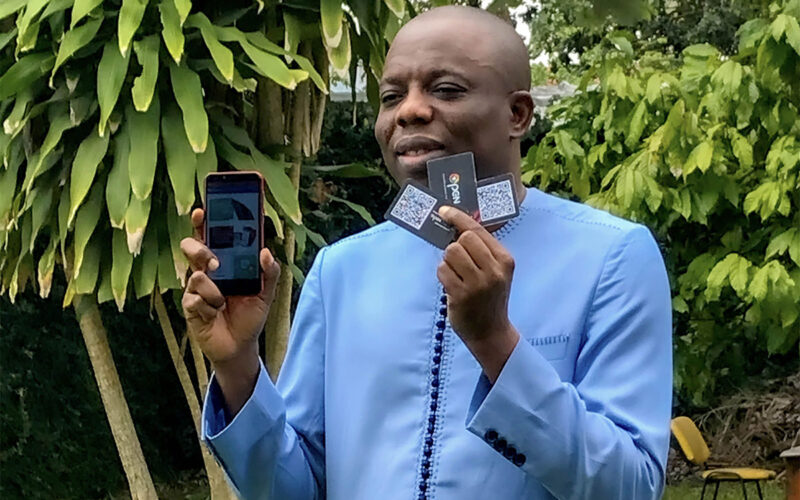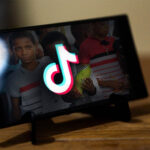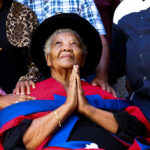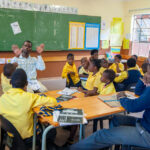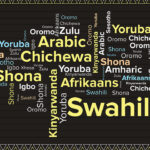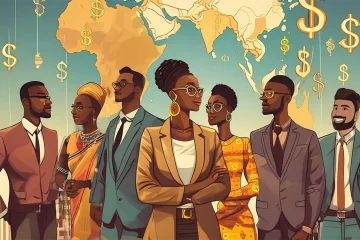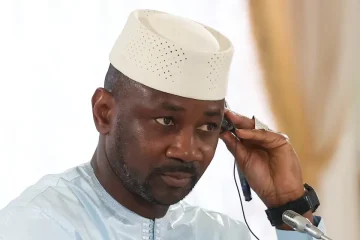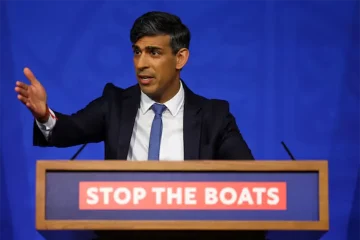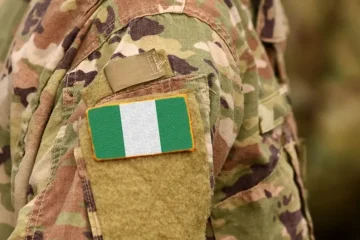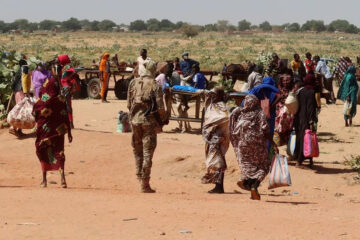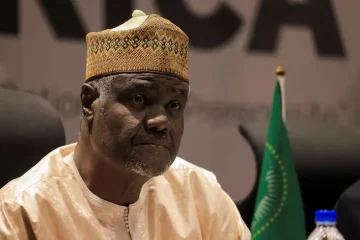ANGE KUMASI, BIRD STORY AGENCY
WHEN David Kouamé decided to improve his literacy in his mother tongue, he went to the city centre in Abidjan not to register for tutoring services, but to buy a mobile phone.
Kouamé had heard about a new, locally developed and assembled smartphone with a voice control system that can understand 50 African languages.
“It is important to speak our African languages and teach them to our children. When I heard about this phone, I knew I had to get it. I’m very happy to have this superphone as I can speak my mother tongue with it. And I thank this group who had the brilliant idea to create this gem,” said Kouamé.
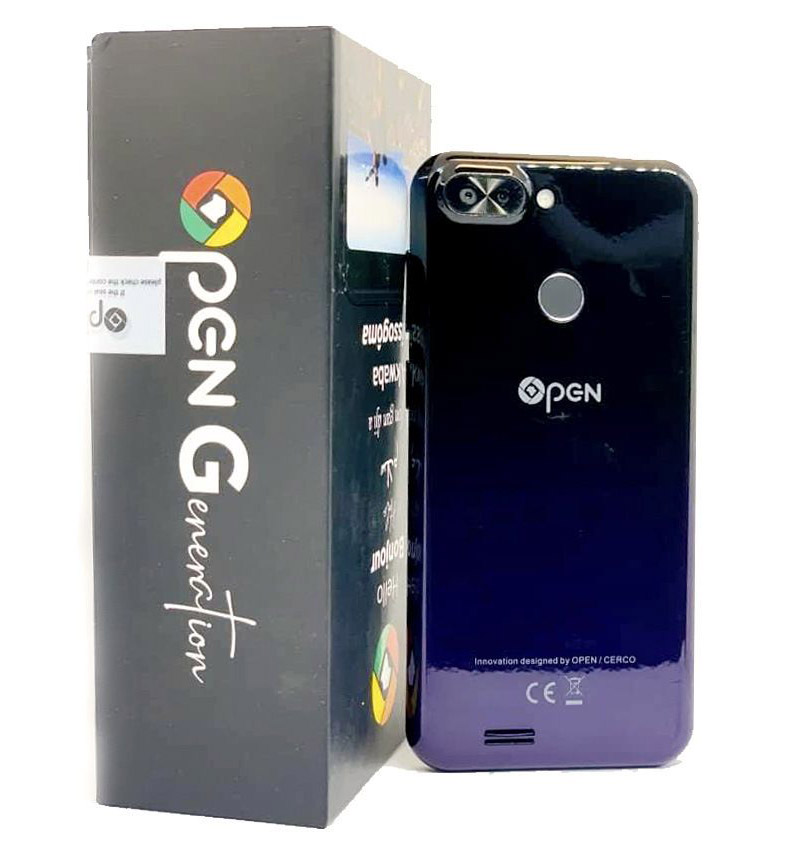
The innovation is the work of Alain Capo-Chichi, founder and president of the Cerco group – an academic institution based in the Ivory Coast.
The phone, called OpenG, for “Open Generation”, seeks to break the barriers of illiteracy, especially among the elderly.
“Our parents are currently unable to use the smartphones given to them because they cannot read or write, and I remember my father always told me that he was not dumb but just illiterate, explained Capo-Chichi.
“On smartphones, these are commands written with a keyboard while illiteracy is a reality in Africa; most of our parents did not go to school. The idea, therefore, is to create a slightly smarter phone that allows them to no longer write but simply speak”, he said.
The smartphone has a voice-activated assistant, KONE, equipped with artificial intelligence, allowing users to perform similar tasks as Amazon’s Alexa and Apple’s Siri.
In addition to Arabic, French and English, the phone speaks more than fifty African languages, including fon and goun (spoken in Benin), Wolof (Senegal), Bambara(Mali), Yoruba, Igbo (Nigeria), Kiswahili (Kenya, Tanzania), and Lingala (Democratic Republic of the Congo).
It also speaks 16 Ivorian languages, including Baoulé, Senoufo, Dioula, Bété, and Agni.
“With this super phone, the user skips the writing and reading stages and speaks directly on the phone to get appropriate answers to the requests they have. Many things make this smartphone special which is why we called it superphone because it has super intelligence,” said Capo-Chichi.
Besides the voice assistant, the phone also has an application called “Moïse,” which allows users to perform around twenty everyday tasks such as buying goods and services online or in shops, ordering taxis and personalised searches like finding pharmacies, hospitals or medicines.
The application integrates digital financial services such as mobile money thanks to the collaboration between the Cerco group and the Nigerian bank UBA.
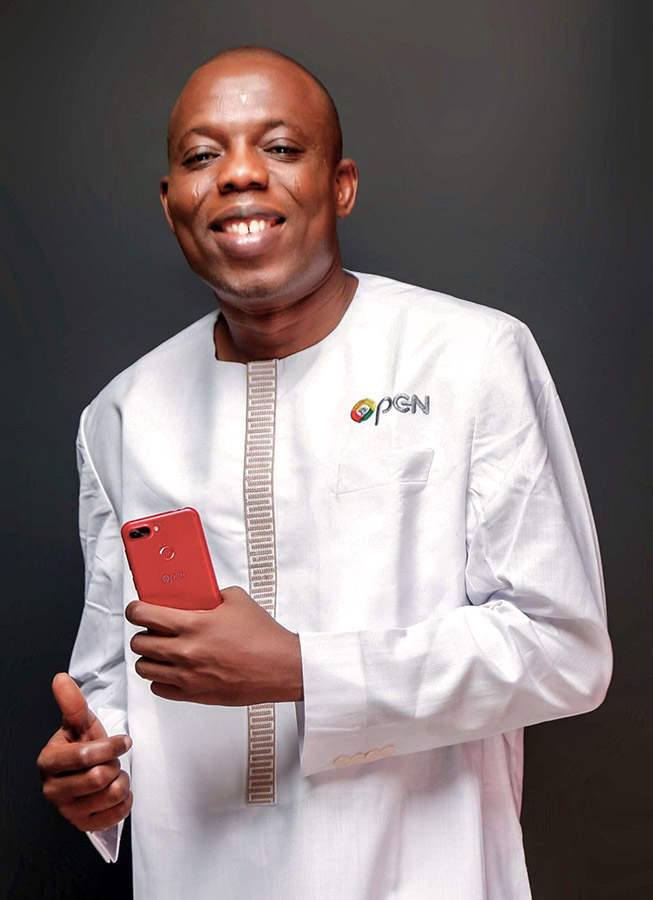
“Electronic money is essential to create a super-application and we are partners with the UBA bank which allows us to issue electronic money with the authorisation of BECEAO, so we worked together to create a synergy to go much further,” he explained further.
Launched in July 2022, the “superphone” also contains an inter-network electronic wallet service called Open Pay, allowing users to carry out transactions between the MTN, Moov, Orange, and Wave (the famous penguin) networks.
“In terms of functionality, the super phone has nothing to envy to an iPhone or any other Asian or European brand. Our features even exceed those of the brands that are more prominent in the mobile phone market. From the point of view of solving an African problem, this telephone is more suitable for all types of needs”, Capo-Chichi said.
According to the Cerco president, thousands of the phones – which range in price from the local equivalent of $50 to $60 – have been sold across the region. They are also increasingly being adopted by African communities in foreign countries.
To increase distribution, Cerco has partnered with the French telecom company Orange.
“We have a strategic partnership with the Orange group to export the superphone to more than 14 countries and we have several other companies that call on us, and so for us, it is important to manufacture more,” Capo-Chichi said.
“The factory has a capacity of 4,000 units per day, and today we are working mainly on export. But we will soon set up other production units in the Democratic Republic of Congo, Egypt and other nations to meet the growing market demand”, he added.
The entrepreneur said he expects the wide functionality and the low price of the unit to drive demand for smartphones across the region.
The OpenG is cheaper than many of its competitors because it is produced locally and has government support and tax exemptions.
“Government support has been critical. The state has created an industrial free zone in the city of Grand-Bassam and the state has accompanied our project to set up the 100% African assembly line which today produces 4,000 units daily,” the 44-year-old said.
Capo-Chichi now has plans to extend the number of languages to meet the demand of other communities whose languages still need to be integrated into the device.
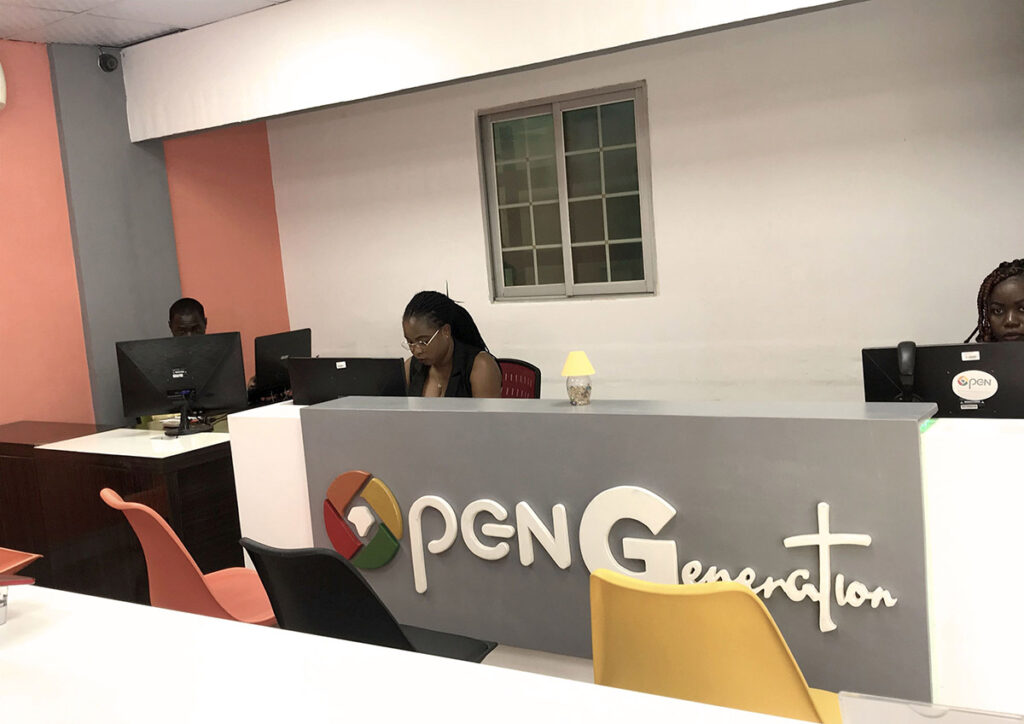
“You will soon have more than 1,000 languages within a year, so we have called on several communities to support us in order to be able to develop the super phone,” he said.
The Cerco factory has in the past been a partner of Microsoft and Intel in assembling computers, but its operations are now entirely devoted to the “super phone”.
“The first team begins assembling the parts, then the software installation team, and then the testers. Then we move on to production in mass, followed by the packaging and finally, shipping, explained Siriki Ouattara, communication and marketing manager.
Other companies investing in the voice-operation field in Africa include Software studio Mobobi, which created Abena AI, a hands-free voice assistant for Ghanaian languages, while Mozilla Common Voice is developing a voice assistant that can speak Kiswahili.

